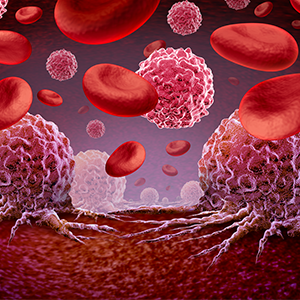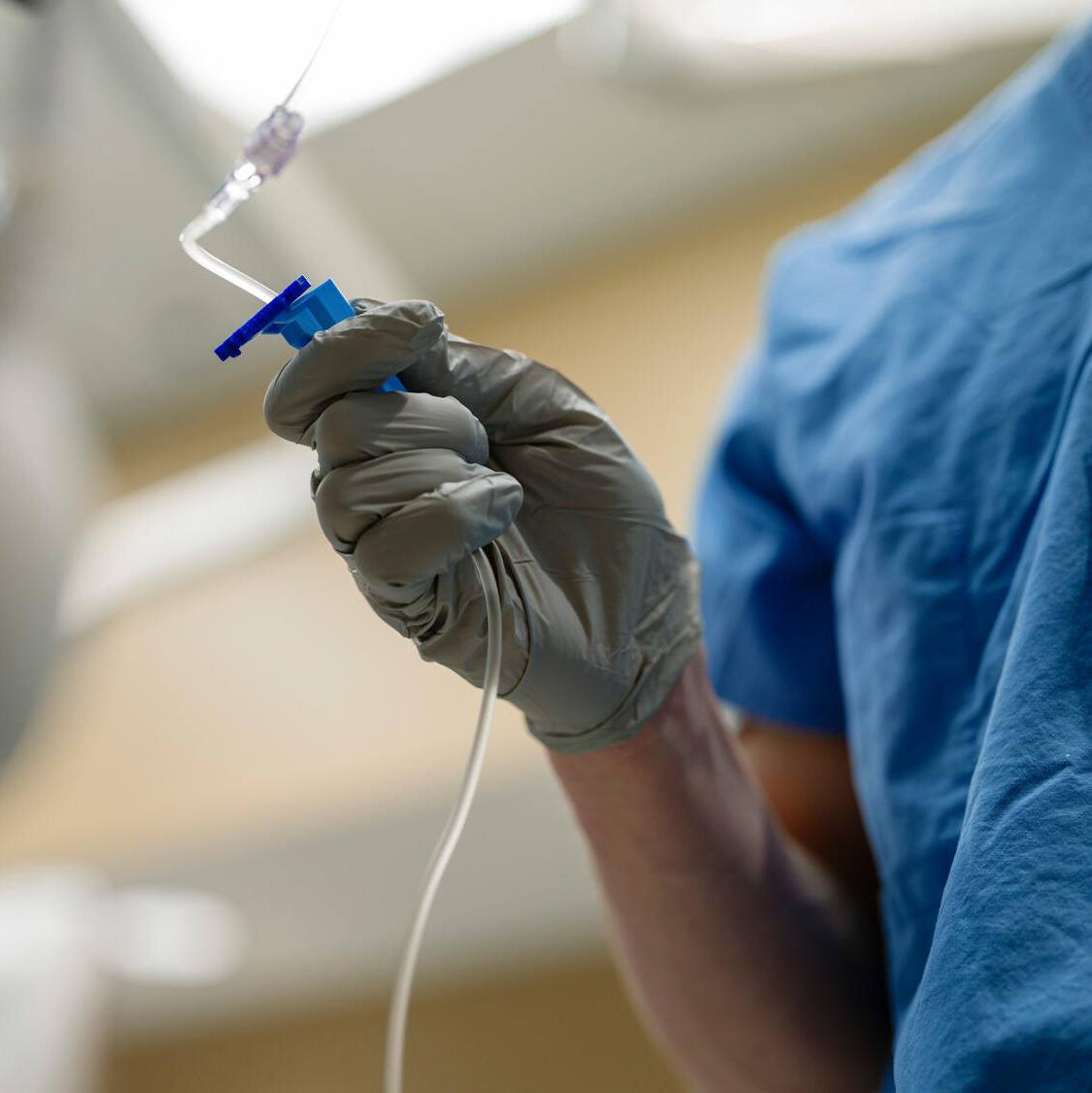
Solving a puzzle to find the right diet and nutrition supplements to maintain health – that’s how Suzanne Boyer describes her role as a dietitian In the Inborn Errors of Metabolism Clinic within Mayo Clinic’s Department of Clinical Genomics. She works alongside physicians, geneticists and genetic counselors to develop individualized diet prescriptions for patients with inherited metabolic disorders.
Each of these patients has a genetic variation – inherited from one or both parents – that interferes with their bodies’ metabolism, affecting the ability to process different nutrients found in food. That’s why finding the right nutritional balance is critical to managing their overall health and avoiding serious, sometimes life-threatening symptoms.

“Thanks to the expansion of newborn screening, we can now identify infants with inherited metabolic disorders and begin to provide the appropriate nutritional support, right away. Prior to expanded newborn screening, infants often died because their conditions were undetected,” says Boyer. “Genetic testing has also helped us pinpoint the specific type of metabolic disorder in children and young adults who have not been previously screened, allowing us to customize a diet prescription to fit their unique needs.”
Here is a closer look at how Boyer works as part of the team that provides comprehensive treatment plans for patients with these rare diseases.
Why diet and nutrition are essential parts of individualized care
There are many different types of inherited metabolic disorders. Patients with these disorders have very specific nutritional needs to manage often complex medical conditions related to their specific condition. That’s because they have a genetic variations that disrupts one or more biochemical pathways in their body. These altered pathways can affect how a patient processes amino acids, carbohydrates, fats, vitamins, and/or minerals.
“My role as a dietitian is to identify the formula or diet that meets each individual’s needs. Our goal is to ensure that patients receive adequate nutrition, monitor their health to ensure their individualized nutrition plan is meeting their needs and promote positive behaviors to maintain their health,” says Boyer.
When patients are first seen in the Inborn Errors of Metabolism Clinic, Boyer joins physicians in the initial clinical evaluation, taking a full nutrition history. She then examines results from the physical examination and laboratory tests to identify where adjustments need to be made in a patient’s overall nutrition plan.
For infants and children, she develops customized nutritional formulas that provide patients with the additional dietary components they require for their specific inherited metabolic disorder. She also works with patients and their families to develop an individualized diet, defining guidelines that either limit or add certain types of proteins, fats or sugars.
In some cases, finding the right diet is a delicate balancing act.
“One group of metabolic disorders causes intoxification. These patients cannot process the amino acids in protein normally. If they eat a normal diet with unrestricted protein, they could experience a coma or seizures, leading to death. But they do need a small amount of protein in their diet,” says Boyer. "We want to find the perfect balance of protein to maintain their health.”
The team also sees patients with disorders that affect energy metabolism, causing hypoglycemia (low blood sugar) or high levels of lactate. Other patients have disorders that involve complex molecules, requiring supplements that contain a form of sugar. For each of these patients, Suzanne works with physicians to develop the right nutritional supplements and diet.
As she looks forward, Suzanne anticipates that new drug therapies will enhance the care the team is able to provide patients.
“Over the next 10 years, we expect that new drug treatments will replace some of the nutritional supplements that we prescribe, offering even more effective treatment for some patients with these inherited metabolic disorders,” says Suzanne.

According to Brendan Lanpher, M.D., a clinical geneticist who leads the Inborn Errors of Metabolism Clinic, individualized diets play a critical role in the care for these patients.
“We’re excited to be able to provide comprehensive care to these patients, who require a coordinated treatment plan that includes nutrition support. Since the clinic opened in September, our team is seeing patients with existing or suspected metabolic disorders for acute and chronic management. Phenylketonuria (PKU), maple syrup urine disease (MSUD) and urea cycle disorder (UCD) are examples of conditions treated by a multidisciplinary team of specialists,” says Dr. Lanpher.
Educating patients and families
Boyer joined Mayo Clinic in April, after training and working as a metabolic dietitian at University of Mississippi Medical Center in Jackson and then holding the same role and also serving as a clinical program coordinator with dual affiliation at Texas Children’s Hospital and Baylor College of Medicine.
She brings her expertise to her new role at Mayo, where she works closely with patients and their families to teach them about the specialized dietary requirements for inherited metabolic disorders.
“We spend time educating parents so they understand how to manage their child’s diet. For example, we may tell them that their child can only have five grams of protein each day. But what does that look like? We give them specific guidelines to help them provide their child with the right nutrition,” she says.
For Boyer, one of the most gratifying parts of her job is seeing patients and their families when they return to the clinic for follow up.
“We monitor patients to ensure that the nutrition support being provided is working effectively. Often times, parents comment that they see an overall improvement in their child’s symptoms after beginning a specialized diet,” she says.
The Inborn Errors of Metabolism Clinic is part of the Department of Clinical Genomics, which provides the clinical support for Mayo Clinic's Center for Individualized Medicine so patients can benefit from the latest research and knowledge of personalized medicine. Learn more about the clinic here.
Stay informed
Want to read more stories like this one?
Register to get weekly updates about new stories on Mayo Clinic Center for Individualized Medicine blog.
Join the conversation
For more information on the Mayo Clinic Center for Individualized Medicine, visit our blog, Facebook, LinkedIn or Twitter at @MayoClinicCIM
Related Articles







